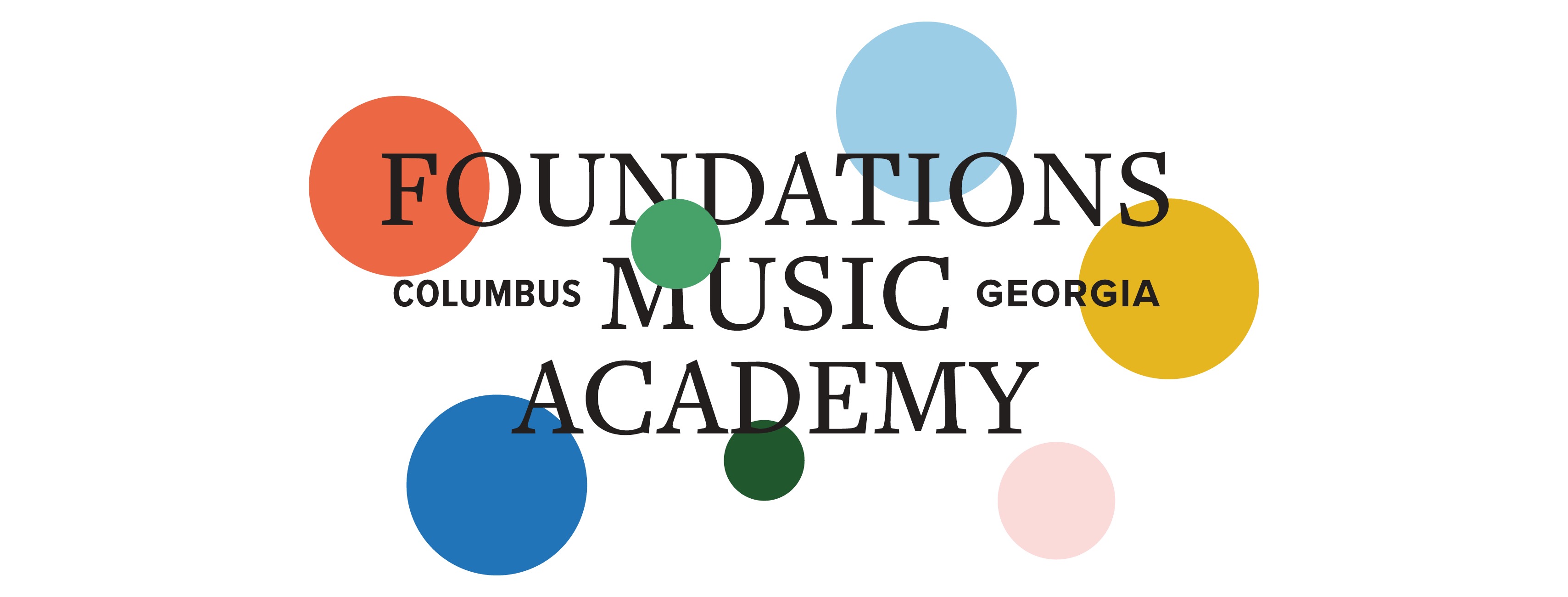What is Music Learning Theory?
Music Learning Theory is an explanation of how children best learn music, that comes from the research and application of Dr. Edwin E. Gordon and many others.
The result is a comprehensive method for teaching audiation, a term coined by Gordon that simply means to listen and perform music with understanding.
Audiation is to music what thought is to language.
In a traditional piano method approach, the goal is to teach music reading. Aural, creative, and performing aspects are not usually taught as preparation for understanding music notation.
Gordon's research shows that the learning sequence for music and language is the same:
listen
think (audiate)
speak (improvise or perform)
read
write
Students should acquire a rich aural music pattern vocabulary without notation, just as they acquire a vocabulary for speaking without reading. They are allowed to learn to perform confidently without notation, just as they learn to carry on conversations without reading.
Reading and writing skills are learned after audiation, when keyboard performing skills are internalized, and after a child is able to think abstractly.
Students who learn music from an audiation perspective develop musicianship, and become functional, literate musicians who can:
play by ear
improvise
compose and arrange music
listen to music with understanding
think music
play with technical ease
perform in ensemble
perform solo repertoire in a musically flowing manner
read and write music notation
